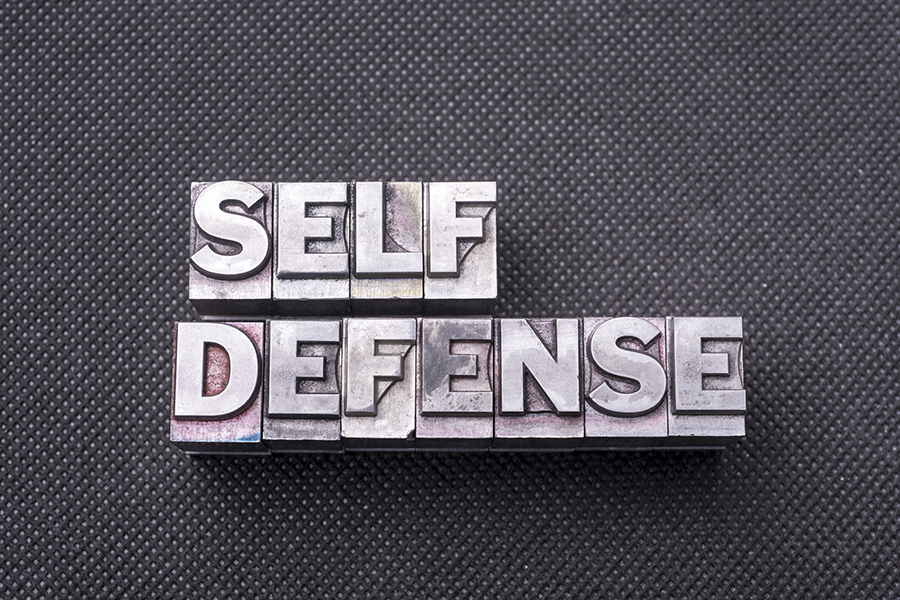Can You Use Self-Defense in Utah?

Many high-profile self-defense cases have graced the headlines over the past few years. Self-defense laws have become been a central issue in the national discussion about gun rights. The states are split when it comes to how self-defense is regulated. Some states limit use of the doctrine, while others give citizens the full right to protect themselves. If you have considered using self-defense in an emergency situation, make sure you are familiar with the laws of your state. Utahns should fully understand their state’s take on this issue in the case that they have to act in their own defense.
Utah’s Self-Defense Statute
Utah’s self-defense law is found in the Utah Criminal Code at section 76-2-402. Under this code, a person can use force when he or she reasonably believes it’s necessary to prevent harm. The danger presented must be imminent in nature and serious enough to cause injury or death. Force is also justified to prevent a forcible felony. This class of felonies includes violent crimes such as carjacking, battery or kidnapping.
Utah is a stand your ground state. This means that one does not have to retreat, or find safety, before resorting to force. To qualify for this type of defense, the defendant has to be in a place where he or she has a legal right to be. Therefore, the stand your ground rule can apply on private or public property.
There are some situations where a person is not authorized to use self-defense. First, a person cannot use force in self-defense when he or she has initiated a conflict. This rule prevents people from starting fights and evading the legal consequences. Second, a suspect may not claim self-defense when he or she is assisting in, or committing a felony crime. Third, when a person voluntarily agrees to enter a fight (by words or conduct) he or she cannot use the defense. However, there is one exception to the rule prohibiting a claim of self-defense in a mutual fight. If a the aggressor formally withdrawals from the fight and is attacked, he or she can rely on self-defense.
The statute also provides guidance as to how the jury is to examine the reasonableness of the defendant’s belief. First, the jury can take into account the type and timing of the danger. Next, jurors may come to a conclusion on whether the illegal force would cause significant injury or death. Finally, the jury can look at the prior acts of the aggressor, and any past violent acts between the parties. These factors can be used to determine whether a defendant’s act of self-defense is legally justifiable.
Utah’s Castle Doctrine
Another common theory of self-defense is the castle doctrine. Under this doctrine, one may use force to prevent unlawful entries into a residence. Deadly force can be used if the other party acts in a violent manner. In such a case, there is a presumption that the defendant (homeowner) acted reasonably in using force to defend his or her home.
If you need help with a criminal case, contact an experienced lawyer at T.R. Spencer Law Office. The law firm is ready to represent clients in cases involving felonies or misdemeanors.